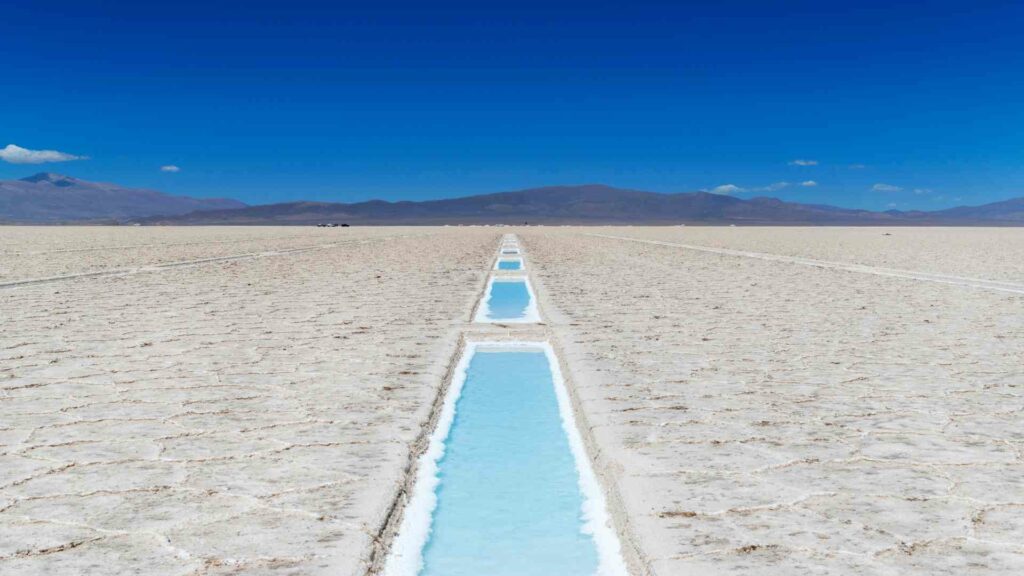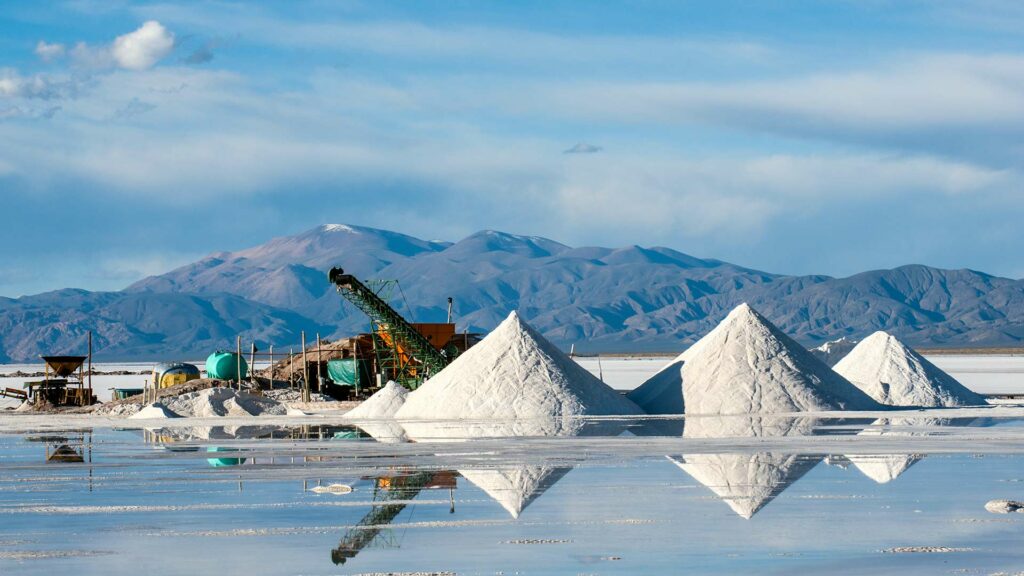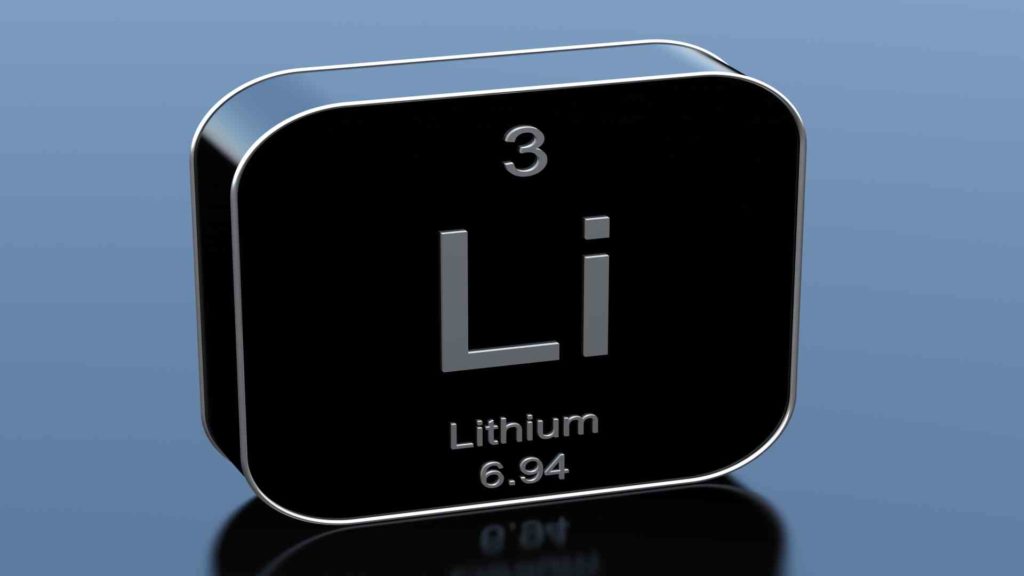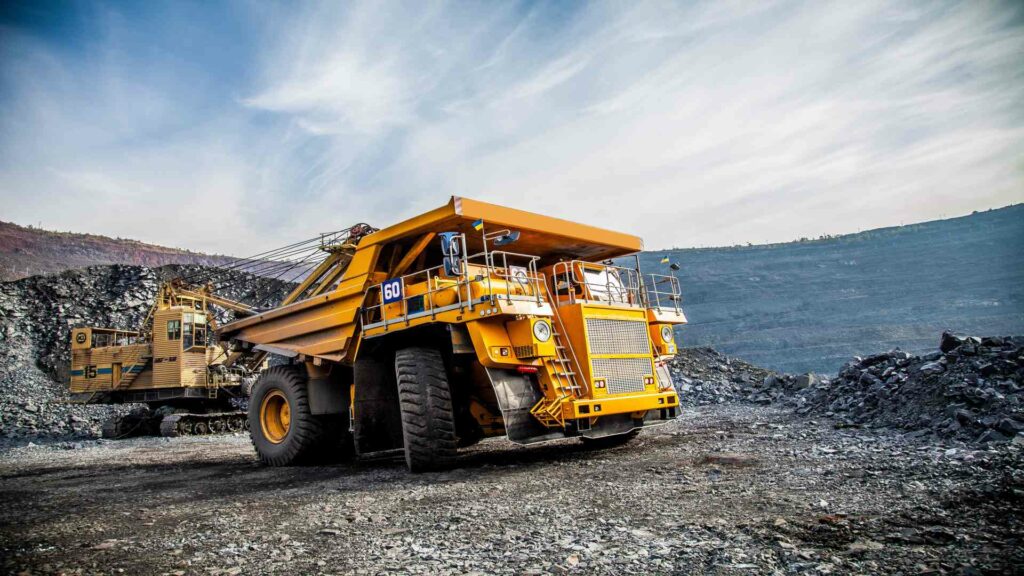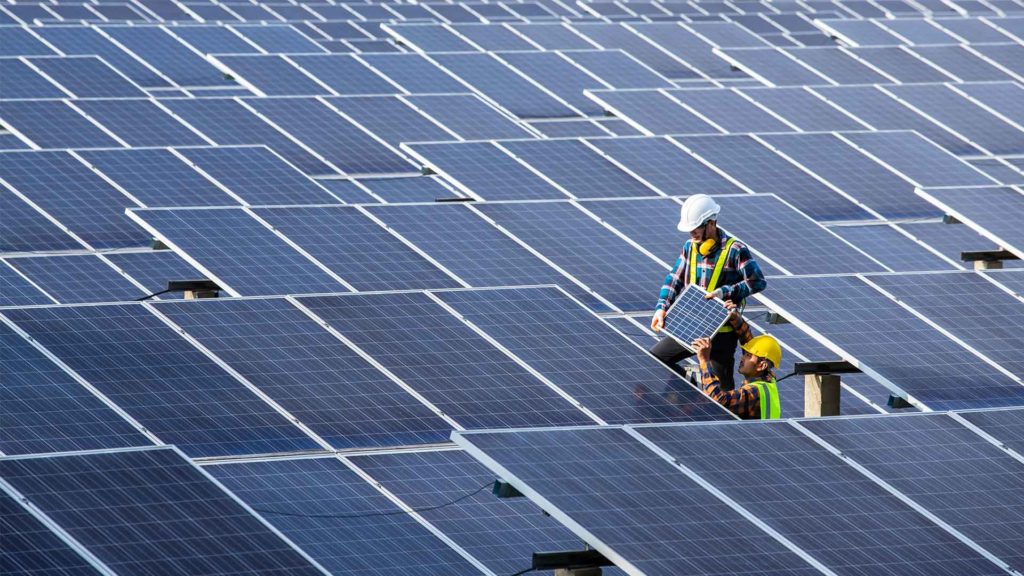Rio Tinto’s Jadar lithium Project
Rio Tinto is keen to reopen discussions with the Serbian government about the future of its $2.4 billion Jadar lithium project, which was on hold ahead of the country’s recent election.
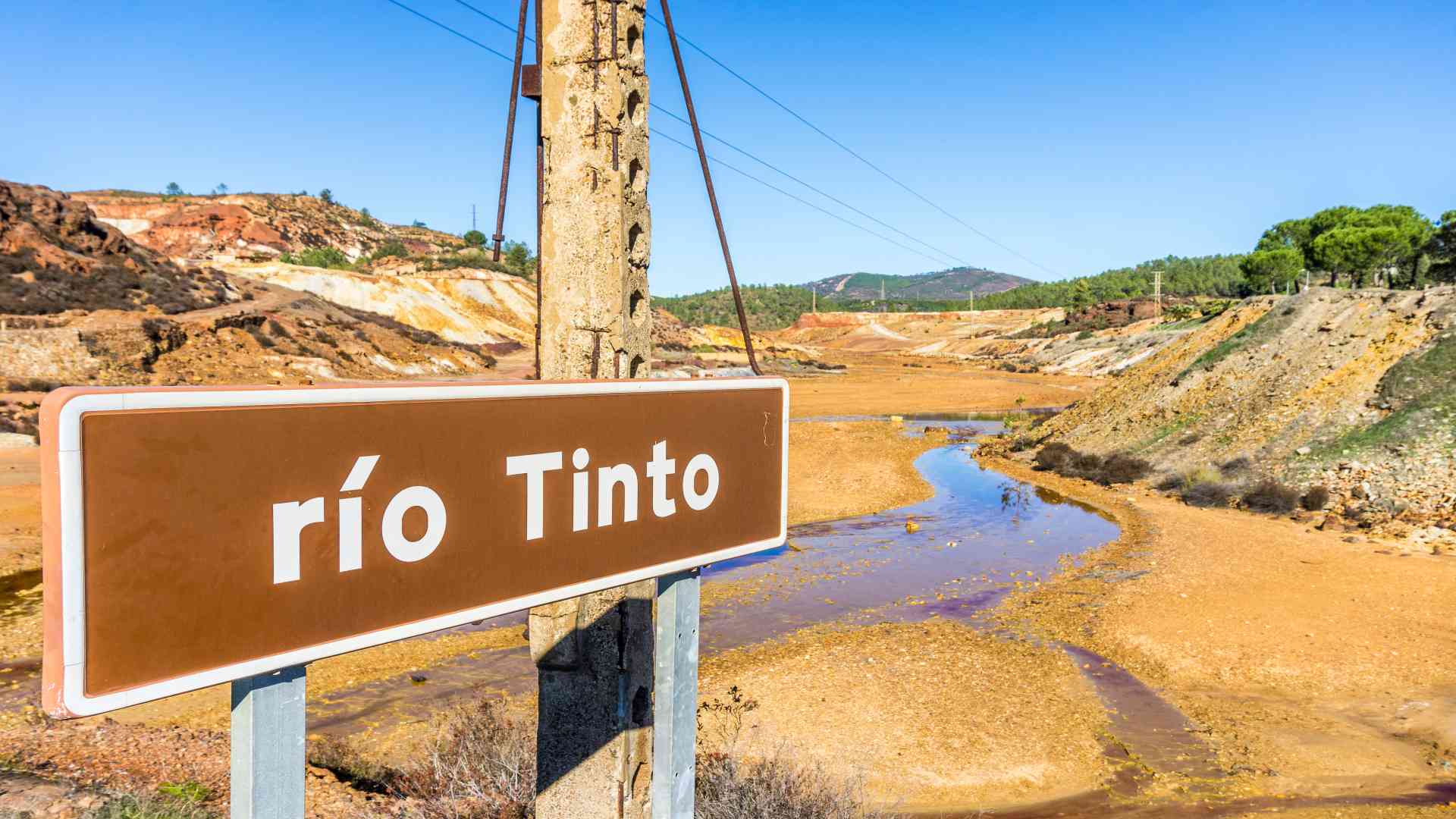
Rio Tinto Jadar lithium Project
After massive demonstrations prompted by environmental concerns about the mining operation, the Serbian government overturned licenses for the Jadar lithium project in January 2022.
Speaking at the company’s annual meeting in Melbourne, shareholder Thompson was very hopeful that they could discuss all the options with the Serbian government as the elections are now over.
He further added, “The Jadar lithium project is critical for Serbia. It has the potential to enhance the nation’s financial output by supplying 90% of Europe’s current lithium requirement, as well as open up possibilities for the expansion of a downstream business to provide green technology to the European automotive industry.”
According to CEO Jakob Stausholm, Jadar is an ideal project. The global mining company has still been planning to become a lithium producer, attempting to speed up the Rincon project in Argentina that it procured in December.
According to Serbian law, the company can not publish its environmental and social impact project evaluation before obtaining government approval. Thompson claims this resulted in misleading information about the project circulating ahead of the Serbian election.
Thompson believes that the environmental and social impact assessments will show that the local community’s concerns are primarily addressed. They have carried out these assessments to the highest standards and believe they will stand up to scrutiny.
Rio Tinto is on high alert to community concerns after ruining 46,000-year-old caves in Western Australia for just a mine site – a disaster that prompted Thompson to resign. He decided to step down after the annual meeting on Thursday.
Rio Tinto’s Push Towards Decarbonization
Rio’s climate action plan, which the company is putting to a vote in the first place this year, received 84 percent of shareholders’ support across its UK and Australian bases, according to data or information after the Australian AGM.
The company has pledged to reduce emissions from its operational processes to 15% by 2025 and 50% by 2030 and work with suppliers and customers to reduce indirectly, or Scope 3, emissions.
Jakob Stausham’s Remarks (CEO Rio Tinto)
“We create materials that are essential for the energy revolution. However, this is insufficient. What will make the difference – for our customers, host communities and governments, and you, our shareholders – is how we generate these critical materials. We must link our company aims with societal expectations, ensuring that our success benefits all stakeholders.
We have more work ahead of us, but we are on the right track.
We launched the most significant management shift in our company’s history. We established four primary goals for success:
- Being the best operator
- Earning impeccable ESG credentials
- Succeeding in development
- Strengthening our license
We unveiled our new strategy, which includes aggressive climate change goals, charting a new course for us to contribute to, and succeed in a decarbonizing world.
We also established new, superficial human qualities such as caring, courage, and curiosity”.
About Rio Tinto Limited
Rio Tinto is a leading mining and metals company across the globe. Their goal is to create materials that are necessary for human advancement. Rio Tinto employs about 60,000 employees in 35 countries across the world.
Aluminum, copper, diamonds, iron ore, borates, and lithium are among Rio Tinto’s goods. The company has a long history of environmentally responsible mining, and all operations are carried out in compliance with the highest safety and environmental regulations.
The mule teams transporting borates out of the Death Valley mines are gone forever. Still, the 20 Mule Team® in Borax product brand lives on as a sign of excellent quality and consistency, reliability, technical assistance, and service.
Borates are used in various industrial applications. Boron, for example, is a micronutrient required for plant growth. Calcium-free sodium borate used in boron makes it ideal for agricultural applications. They purify their borate minerals into boron-rich micronutrient products to help farmers grow better crops in larger quantities all around the globe. Glass, fiberglass, flame retardants, ceramics, detergents, timber protection, fertilizers, and insecticides are just a few of boron applications.

